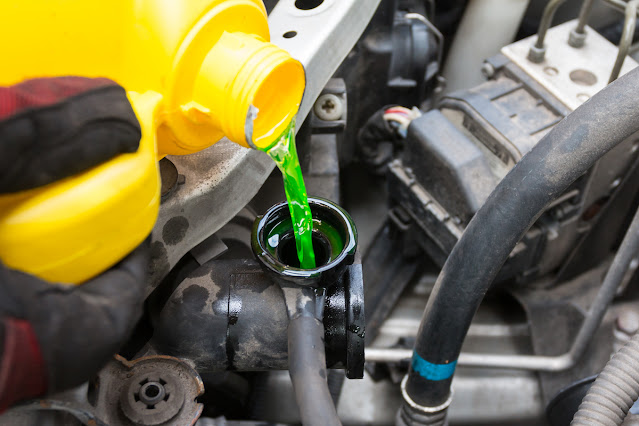We've got some news that you may not be very excited to hear - gasoline has a shelf life.
Yup, you heard us right. Gasoline does go bad over time, and it can cause pretty serious damage to your N Charlotte Toyota's engine if you continue to cycle it through. We understand your frustration at this news - don't you have enough to worry about already when it comes to car care and car ownership? We're here to make your life easy, though. Check out our guide to bad gasoline and also how to avoid it.
What is the shelf life of gasoline?
OK so for starters, let's talk about the shelf life of gasoline. Basically, its longevity depends on the type of gasoline you're using.
- Normal gasoline has a shelf life of 3-6 months before it starts to degrade.
- Diesel lasts longer - it can sit for a year before any degradation happens.
- Ethanol only lasts about a month; it's affected more quickly by oxidization and evaporation, so it's less stable than the other two types of gas.
Regardless of where your gasoline is - in a gas can, at the gas station, in the fuel tank of your car - it starts to degrade at a certain point. When this happens, the chemical composition of the gasoline actually changes, which means your engine can't process it properly. This can lead to operational problems as well as major damage to the engine, fuel lines, and fuel system in general.
How do you know if you have bad gasoline in the tank? Here are some surefire signs you need to head to Toyota of N Charlotte to have our techs give you a hand:
- You notice operational problems like your car refusing to start, stalling out, idling rough, or losing power when you press the accelerator. If you have a full tank of gas and a full tank of clean oil, these operational problems can definitely point to bad gasoline.
- The gas looks and smells different. Gasoline that's gone bad will have a sour or spoiled smell to it as opposed to the typical gas smell; it'll also be darker in color and have a muddy or cloudy appearance.
- Bad gasoline can also trigger your check engine light (and in that case, regardless of what's causing it to illuminate, you need to schedule a visit to Toyota of N Charlotte's car care center).
- Fill up your gas tank all the way. This will prevent it from having room for moisture to accumulate (which can cause corrosion and other issues).
- Avoid gas stations that don't seem busy. Busy gas stations go through gas quickly and get fresh deliveries of gas often. Less-busy gas stations don't go through gas as fast, which means it could be sitting there for a while before you get to it (which in turn means it has a higher chance of going bad).
- Drive your car weekly. Even if it's a garaged vehicle that doesn't see the road often, you should take it out once a week for 20 minutes or so. This will circulate fuel through the system, as well as ensure that you're regularly adding fresh gas to the tank.




